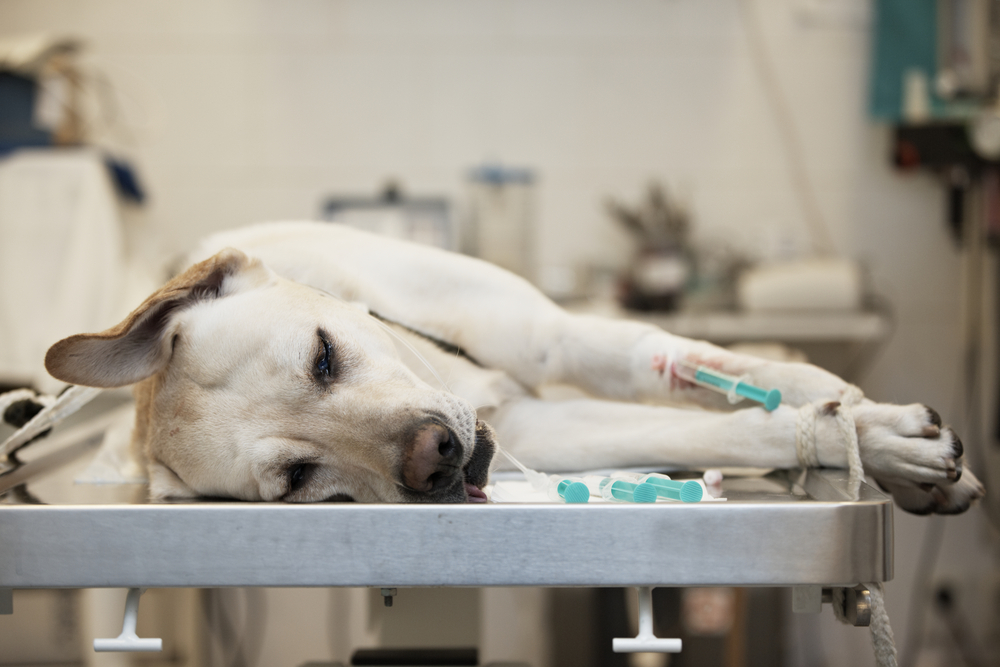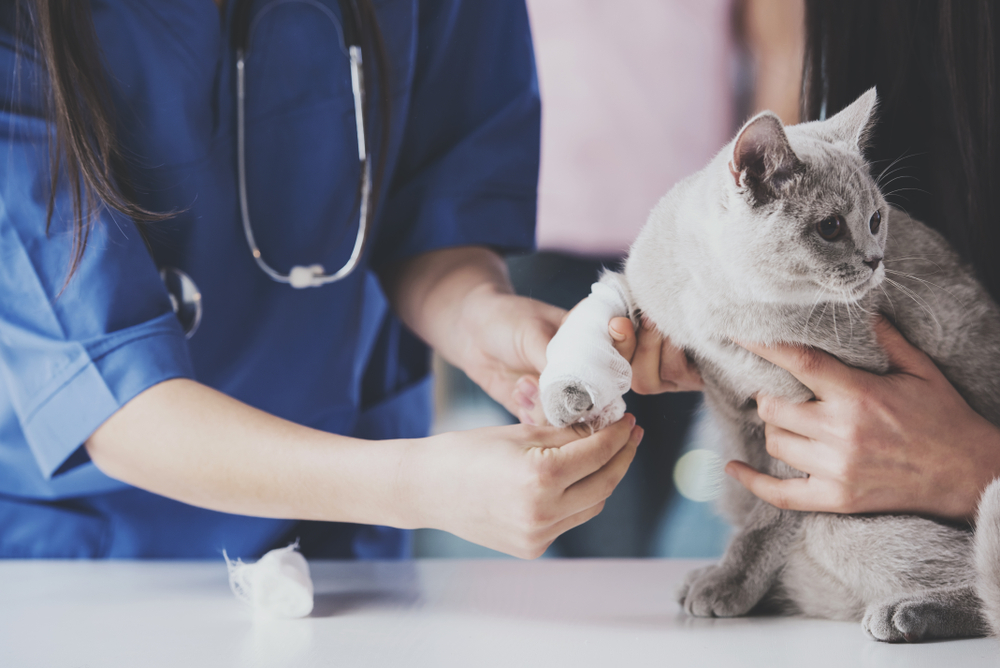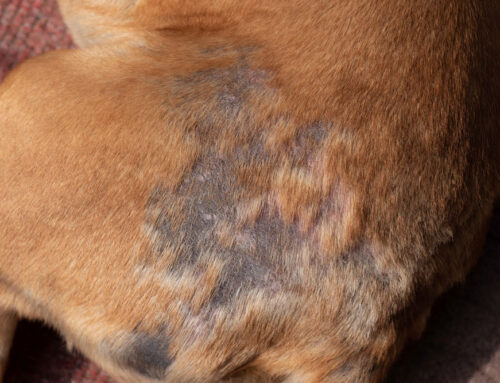Good veterinary care is key to maintaining your pet’s lifetime good health. Our Tidmore Veterinary Hospital team believes that wellness and preventive care can prevent or delay the onset of many common pet diseases, but we also know that not every illness is avoidable. Your pet likely will be sick at some point and need veterinary care to get back on their feet.
Our facility and team are equipped to handle almost every pet’s needs, but sometimes your pet will be better served by a specialist, emergency hospital, or another care provider. How do you know when your pet needs care, and the best care type? Here is our guide to common clinical illness signs you can learn to recognize in your pet and whom you should call to resolve the issue.
Primary or general practice veterinary care
Primary care veterinarians, like those who practice here at Tidmore Veterinary Hospital, are the veterinary industry backbone. Your primary veterinarian is your go-to for almost all your pet’s needs, including advice, routine care, sick visits, behavior issues, preventive parasite care, and vaccinations. You should schedule a visit with your primary care veterinarian at least once yearly for a pet wellness checkup and for non-urgent concerns, including:
- Skin or ear problems
- Minor limping or joint stiffness
- Bad breath
- Minor, intermittent, or chronic vomiting or diarrhea
- Increased thirst or urination
- Coughing or sneezing
- Appetite changes
- Weight changes
- Behavior changes
- Parasites
Emergency veterinary care

Veterinary emergency care facilities are typically open 24/7 or during nights and weekends only. They provide care for pets whose primary veterinary practice is closed, or in life-threatening situations when minutes matter. During an emergency, take your pet to the nearest facility. Call ahead to let them know when you will arrive, because if your pet needs ongoing care they cannot provide, they will facilitate a transfer as soon as your pet is stable enough to travel. Take your pet to the emergency veterinary hospital if you notice any of the following:
- Serious or unexplained bleeding or bruising
- Significant trauma, such as a vehicle collision or fall from a height
- Weakness, paralysis, or collapse
- Confusion or disorientation
- Known toxin ingestion
- New seizures, or more than one seizure in 24 hours
- Pale, white, or bluish gums
- Distended abdomen
- Difficulty breathing
- Straining or inability to urinate
- Continuous retching in a deep-chested or medium to large dog
Specialty veterinary care
A veterinary specialist has received advanced training in a specific discipline, such as ophthalmology, internal medicine, or surgery, and obtained board certification in their chosen field. A specialist is helpful when your pet has an unclear diagnosis, their condition won’t respond to typical treatments, they need to balance multiple medical conditions, they need advanced procedures or expertise, or you simply want a second opinion. Our veterinarians may recommend specialist consultation for some of the following illness signs or diagnosed conditions:
- Diabetes
- Chronic allergic skin or ear disease
- Elevated liver enzymes
- Cataracts
- Chronic eye redness or discharge
- Fractures or torn ligaments
- Back pain or paralysis
- Epilepsy
Holistic veterinary care
Sometimes, traditional Western veterinary care is not right for your pet. For pet owners seeking a more natural alternative to medications or adjunctive therapy for a chronic condition, our hospital offers traditional Chinese veterinary medicine (TCVM), including acupuncture, Chinese herbs, and nutrition. Clinical signs or conditions that can benefit from TCVM include:
- Chronic pain
- Chronic inflammation, including allergies
- Anxiety or stress
- Poor appetite
- Injury or surgery recovery
- Organ or endocrine disruptions
- Nervous system disorders
If you are ever in doubt about whether your pet needs care or where to take them, contact our Tidmore Veterinary Hospital team. We will do our best to accommodate all your pet’s needs, or we will refer you to another facility that will provide the required care. Call us during our normal business hours to schedule an appointment or for more advice on choosing the best veterinary care for your pet’s specific illness signs or situation.








Leave A Comment